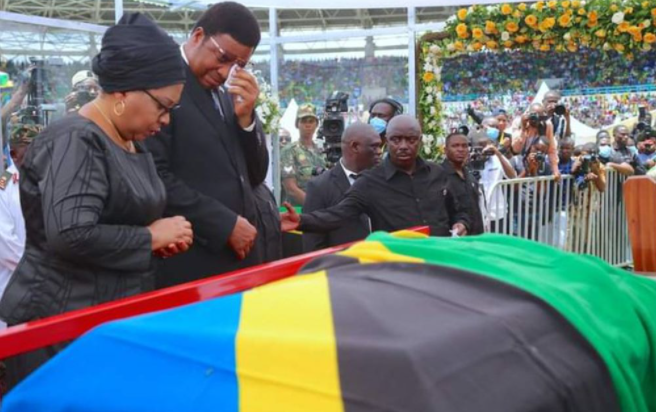A senior official for Doctors Without Borders has warned that the Ebola virus is “totally out of control” in west Africa, where an outbreak of the disease has killed more people than ever before.
The current outbreak began in Guinea either between the beginning and end of last year, but had appeared to slow before picking up pace again in recent weeks, including spreading to the Liberian capital for the first time.
Ebola has since been linked to more than 330 deaths in Guinea, Sierra Leone and Liberia, according to the World Health Organization (WHO).
Doctors Without Borders’ director of operations, Bart Janssens, said that the medical group’s resources are becoming increasingly stretched, and urged both the governments of the countries affected and international organisations to send in more health experts.
“The reality is clear that the epidemic is now in a second wave,” Janssens said. “And, for me, it is totally out of control.”
With more than 40 international staff currently on the ground and four treatment centers, Doctors Without Borders has reached its limit to respond, Janssens said. It is unclear if the group will be able to mirror the current treatment centres set up in Guinea and Sierra Leone in newly affected Liberia, he said.
“There needs to be a real political commitment that this is a very big emergency,” he said. “Otherwise, it will continue to spread, and for sure it will spread to more countries.”
Janssens went on to accuse the countries involved of not recognising the gravity of the situation, and criticise the WHO for not doing enough to inspire local leaders to act.

The deadly Ebola virus is spreading through West Africa
The UN health agency did not immediately respond to requests for comment, but Earlier in the week, WHO spokeswoman Fadela Chaib said that the multiple locations of the current outbreak and its movement across borders make it one of the “most challenging Ebola outbreaks ever.”
“This is the highest outbreak on record and has the highest number of deaths, so this is unprecedented so far,” Armand Sprecher, a public health specialist with Doctors Without Borders, told reporters.
Ebola causes internal bleeding and organ failure, and spreads through direct contact with infected people. There is no cure or vaccine, so containing an outbreak focuses on supportive care for the ill and isolating them to limit the spread of the virus.
Janssens added that members of the public need to be better educated so they know to come forward when symptoms occur, and to avoid touching the sick and dead.
Tolbert Nyenswah, Liberia’s deputy minister of health, said the highest levels of government are working to contain the outbreak, noting that Liberia had a long period with no new cases before this second wave.
Unni Krishnan of Plan International, which provides equipment to the three countries, claimed that while Governments and international agencies were struggling to contain the disease, he noted that Ebola has struck one of the world’s poorest regions, where public health systems are already fragile.
The highest previous death toll was in the first recorded Ebola outbreak in Congo in 1976, when 280 deaths were reported. But as Ebola often spreads in remote areas where first cases sometimes go unrecognized, it is likely that there are deaths that go uncounted.





No comments! Be the first commenter?